The New York Circuit Court has decided to invest $10 million to build a special workplace that will serve as a laboratory for the needs of hacking into iPhones, iPads and other smart electronics that can provide important information and clues in cases of investigation of various criminal cases.
It could be interest you
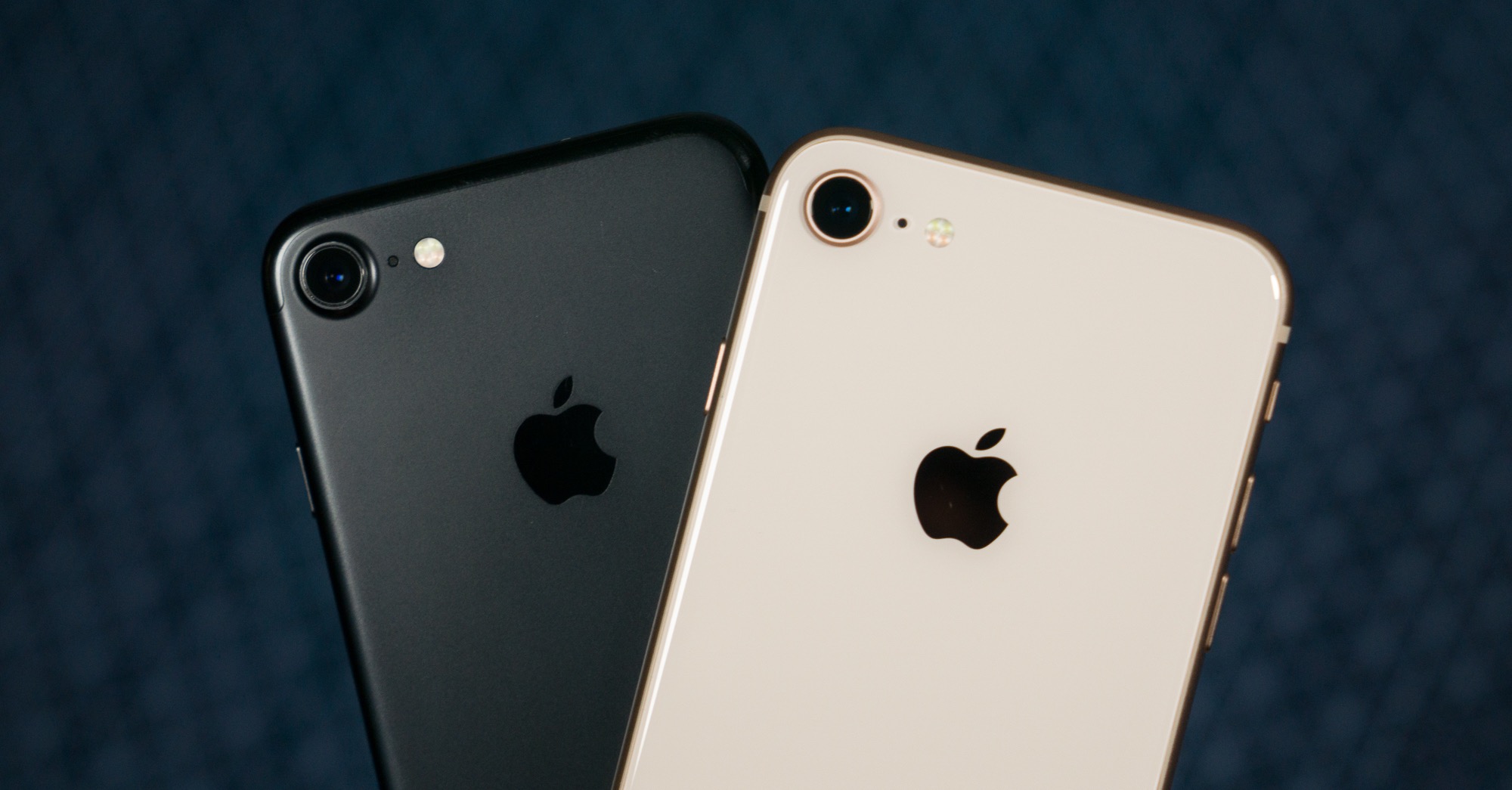
This special workplace has now been opened with the New York district attorney hopes to help in the hundreds, if not thousands, of cases in which the protection of a smartphone or tablet needs to be breached, due to the potential discovery of data important for further investigations. To a large extent, this mainly applies to iPhones, which are notorious for not being easy to crack their software security.
Any iPhone that is locked with a passcode (and Touch ID/Face ID) is itself encrypted, with Apple not even having the encryption key for that device. The only possible way to unlock this iPhone (as well as iPad) is to enter a passcode. This is usually known only by its owner, and in most similar cases he either does not want to share the password or cannot.
It could be interest you
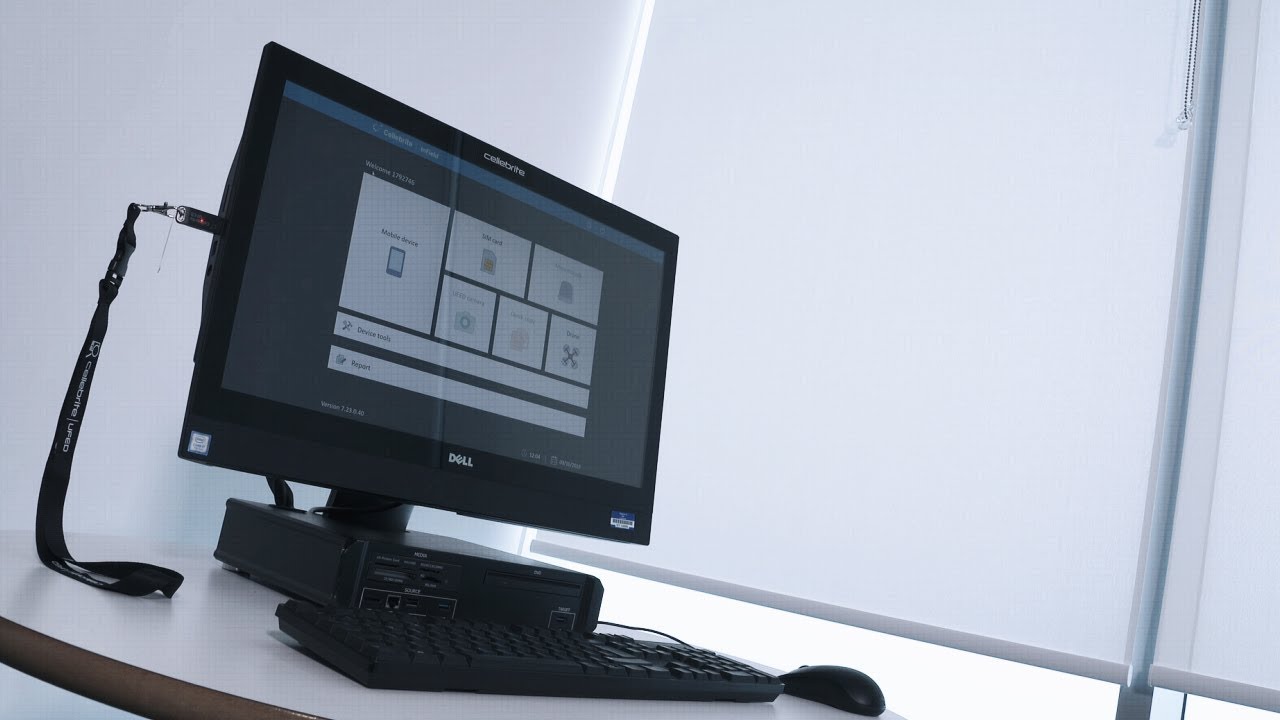
It is at this moment that a new laboratory dedicated to breaking through the protection of smartphones, the so-called High Technology Analyst Unit, comes into play. There are currently up to 3000 smartphones waiting to be unlocked. According to the representatives of this institution, they are able to break the security of roughly half of the phones they get their hands on. It is said that this is often done by simple typing of commonly used passwords. In the case of more complex passwords, breaking them is much more difficult, and in new phones and the latest versions of iOS and Android, it is almost impossible.
It is precisely the difficulty of breaking through phone protection that is one of the reasons why some interest groups lobby so strongly for the creation of a so-called backdoor in phone operating systems. Apple has a long-term negative attitude towards these demands, but the question is how long the company will last, as the pressure will constantly increase. Apple argues that by inserting this "backdoor" into the phone's operating system, it could be very dangerous and counterproductive, as this hole in security could be used, in addition to security agencies, by various hacker groups, etc.

Source: Fast Company Design
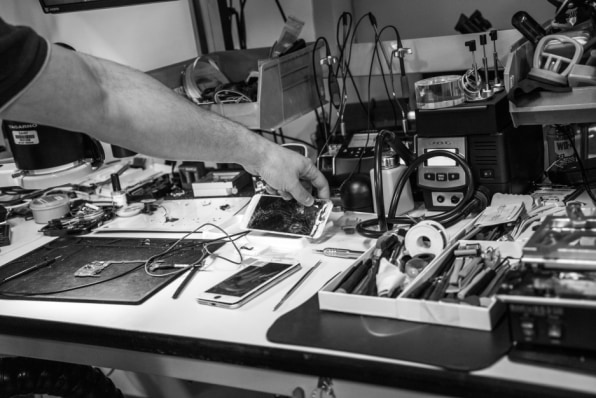
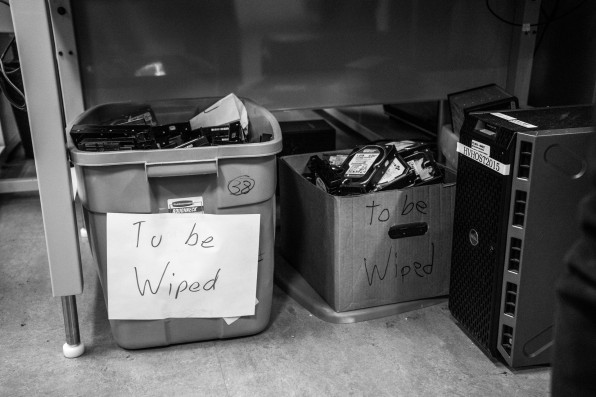
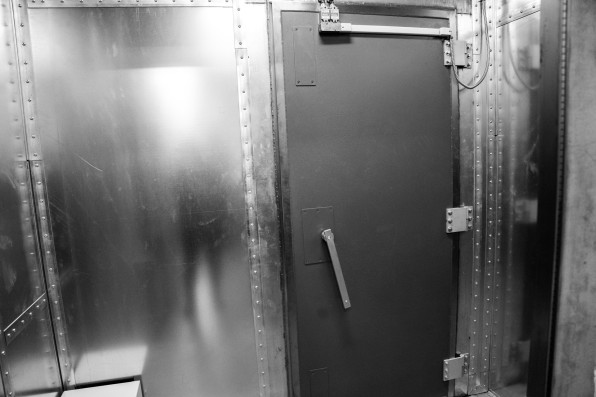
and did they convert those crowns to dollars before?
Blud Factory never ceases to entertain. ?
The original price is in dollars, it was built in NY and they will write here that it was built for almost 230 million crowns. ?
Oh well, he can't articulate it properly. Numbers are usually a problem for them too.